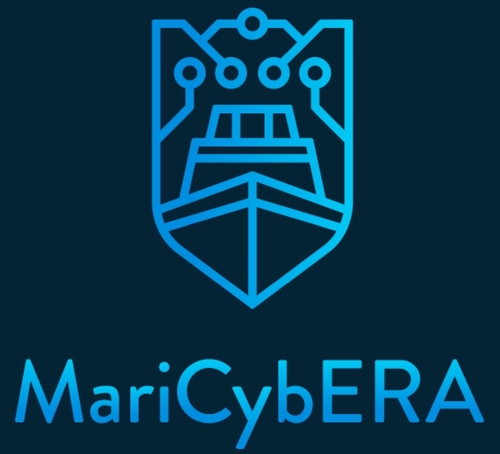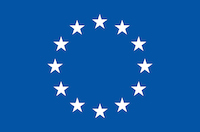
The Internet has revolutionized the way in which we communicate, do business, or learn. Knowledge is now easier to access than ever, and what fascinates my research is the technology that enables this worldwide paradigm change.
Since July 2014 Olaf is a full Professor for Cyber-Security at the Centre of Digital Forensics and Cyber Security at TalTech. He has worked in Loughborough University in UK and in the University of Adelaide in Australia.
Olaf’s research is focusing on network security and network forensics, network measurements (active, passive), WAN-routing and security, and communication protocol security including, but not limited to the public transport sector.
He has graduated with a PhD in computer science from Technical University of Munich , Germany in 2005, and holds diploma (MSc) from the Saarland University, Saarbrücken, Germany in 2002.
In addition, Olaf has been very active in international collaboration, he has been general co-chair of ACM SIGCOMM 2015, ACM IMC 2017, and Global Internet Symposium GI’17, he has also been an EU expert evaluator and vice-chair for Horizon calls.
How do you see your leading role in the Horizon 2020 ERA Chair project?
I am the PI of the ERA Chair project. To unite our expertise in cybersecurity and maritime science in a focused and integrated manner the ERA Chair in Maritime Cyber Security was initiated by us. The planning started already few years ago and took much effort to get the funding. Next milestone was to find the ERA Chair holder and I am very happy we succeeded in that and our Prof. Kave Salamatian has joined us.
Why is Estonia/TalTech the best place for the ERA Chair project in maritime security?
Estonia has a history of cybersecurity excellence. But Estonia has also an even much longer maritime history and is in a strategic location. Combining maritime and cybersecurity is new, but neither domain on its own is new for us.
TalTech Centre for Digital Forensics and Cyber Security works towards enhancing the competence and ability of Estonian computer security field through education, research and development. We strive towards becoming the best cyber security Master’s and Doctoral studies institution in the Baltics and Nordic countries. TalTech Estonian Maritime Academy does professional research in marine sciences and fields related to them, making it the only competence centre of its kind in Estonia.
Now we are going to focus together on the transportation sector, because you need a holistic point-of-view to fight state-sponsored actors, criminals, and terrorists.
What are the main challenges in the project?
Academia is expected to look into the future and develop long-lasting solutions. Given all imminent and pressing problems, it could be easy to fall into the trap of doing short-term consulting to the industry, while we must focus our attention on academic values and develop long-term solutions.
Cybersecurity itself is interdisciplinary in nature, covering fields as diverse as cryptography, psychology, technology, and law. In fact interdisciplinarity and effective communication are the only way we can fight today’s problems in ‘cyberspace’. It is the combination of knowledge and insights from several great areas of science that is required to secure ‘cyberspace’. This is exiting, interesting, but also very challenging.
How do you see the future of the Center?
The importance of maritime cybersecurity has been recognized, but only very few places in the world have started to build up academic excellence in this area. Estonia should become a known place for maritime cybersecurity excellence.
We see a very high demand in maritime cybersecurity expertise, but it should be clearly understood that cybersecurity is not a scientific discipline in itself. Instead it combines insights from many other disciplines: for example, from computer science it takes secure software design, or how to build intrusion detection systems, methods for vulnerability testing, and so on; cryptography is rooted in mathematics; psychology helps to understand human factors; aspects of forensic science are used by law enforcement agencies; social sciences, business and economic understanding is essential; operational and strategic risk management models & audits help with reducing the threats in day-to-day operations; and of course legal and political disciplines are required. I see that the Center will be the hub to connect all these related disciplines in order to offer the best solutions for companies in the field, policy makers etc.
What would be the key experience you take with you from the past to the project?
I have experience in computer networks and network security. I have also studied cybersecurity aspects in other areas of the transportation domain.
With respect to teaching, cyber security is a very interesting area. If we consider the interdisciplinary scope of cybersecurity, we must also realize that this provides great challenges for teaching. Traditional teaching does not work anymore. We need to rethink our methods/values and implement innovative teaching into our programs.
Contact: olaf.maennel@taltech.ee


